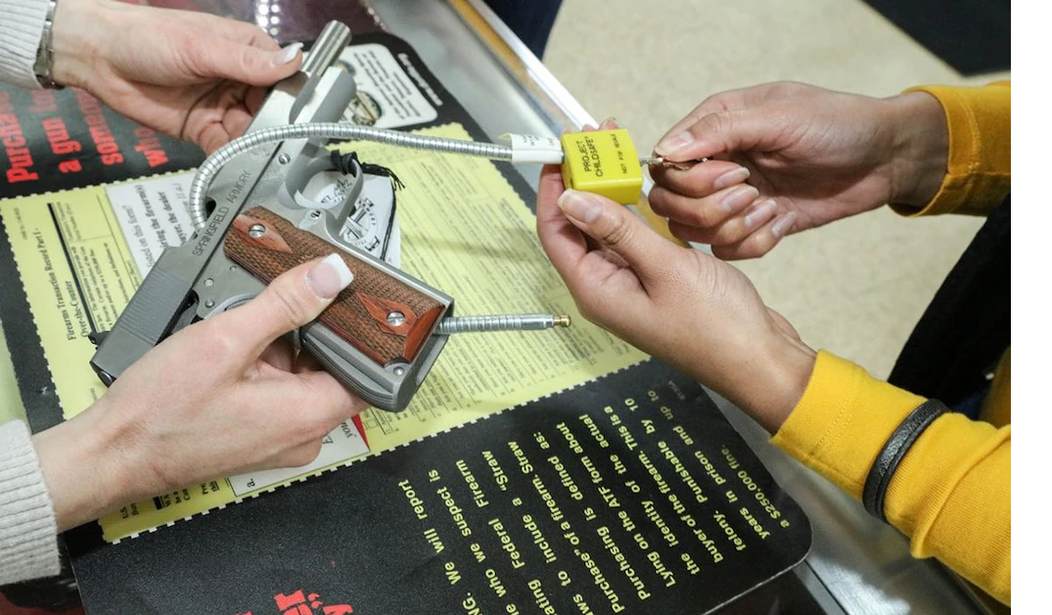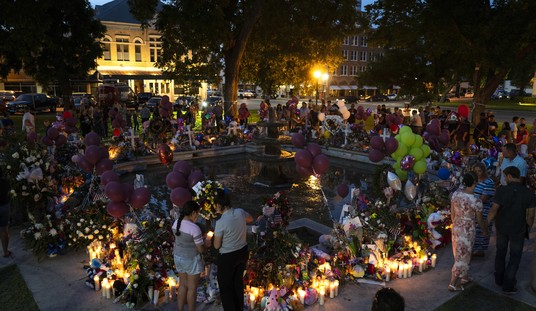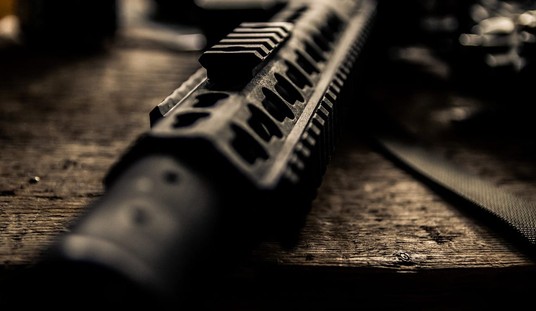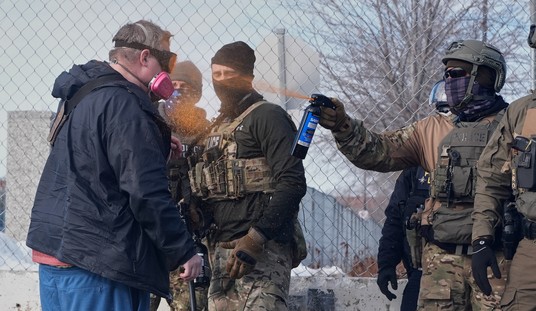Tennessee Gov. Bill Lee has publicly stated his intent to bring lawmakers back to Nashville for a special session starting one month from today, but so far the governor has yet to officially announce that special session as he continues to work behind the scenes to build support for his version of a “red flag” law. The lack of an official announcement is starting to raise some eyebrows in the state’s political circles, though the governor’s office continues to insist that the call will soon be coming.
Even if Lee’s special session does take place, the prospects of passage for his “temporary mental health restraining order” appear to be growing dim, with a number of his fellow Republicans rejecting outright any kind of Extreme Risk Protection Order legislation. Instead, as the Tennessean reports, GOP lawmakers are looking at a number of other options, including one that I’ve been suggesting for several months now.
Many members of the Republican caucus see public safety threats around guns as directly linked with mental health crises. To that end, support appears to be coalescing around increasing the number of available beds in state mental health facilities.
“We don’t have the beds we need,” Rep. Rusty Grills, R-Newbern, recently told the Tennessee Firearms Association, one of the leading groups in the state opposed to any proposals dealing directly with guns. “If you talk with sheriffs, with police officers, they’ll tell you that they are struggling with the jails because they’re filled with people who have mental issues.”
Rep. Scott Cepcicky, R-Culleoka, said he is planning to propose a robust response: nine new state-funded mental health facilities — one built in each Congressional district in the state.
Each facility would include 150 new patient beds, costing the state an estimated $40 to $50 million each. The state would then contract with a private health care provider, and invest remaining resources into maintenance and administration.
“You’re talking a significant investment in providing opportunities for people to get the help they need in both inpatient, outpatient and long term care,” Cepicky told The Tennessean.
“I don’t think the legislature needs to think or consider any gun control legislation. I think instead we need to, as I said, focus on what’s truly dangerous, and that is the person — the operator — of the weapon who is either in a mental health crisis, or just in a situation where they want to harm themselves or harm others,” Sen. John Stevens, R-Huntingdon, during a recent TFA appearance.
Stevens said he is researching the implications of Florida’s law that allows illicit drug users and those with serious mental health issues to be committed.
“We need to be able to get those individuals the care they need, or if nothing else, we just need to get them incapacitated so that they will not be able to harm others,” he said.
Sexton said lawmakers may consider allowing some involuntary commitments for individuals who pose an imminent, but not immediate, threat to themselves or others. Currently, emergency involuntary commitments are used primarily for suicidal individuals under an immediate threat of self harm.
“It doesn’t help for someone who has a mental health disorder, or someone who is proposing a mass threat — because that’s not deemed immediate, you don’t know when that is,” Sexton said. “Having these conversations about simply changing that word to something else may help us, in the Covenant shooting or other things, to allow someone to be committed who is a threat, but may not be immediate.”
If lawmakers are going to make it easier to conduct an involuntary commitment, I think they also need to make it possible for those on the receiving end to have their rights restored at some point in the future if they no longer pose a danger to themselves or others. Otherwise, this proposal carries as many if not more risks to due process and civil rights as Lee’s own proposal.
The Tennessean reports there are a number of other possibilities that could emerge as alternatives to Lee’s “temporary mental health restraining orders,” including funding improvements to the existing background check system, which Sexton says has been plagued with issues. Another potential bill would repeal the state sales tax for gun safes, though Sexton and other GOP lawmakers say storage mandates are off the table.
As for the legislation that state Sen. Ferrell Haile says he’s working on with the NRA, we still don’t have any details.
“The NRA works hard in the state to look out for our members and protect their rights, and toward that aim we oppose Gov. Lee’s ERPO bill,” NRA-ILA State Director Kelby Seanor told The Tennessean in an email.
The NRA is, however, working with Senate Speaker Pro Tem Ferrell Haile, R-Gallatin, on a separate proposal to “address public safety issues raised by the attack on Covenant School that preserves due process and also protects the public from dangerous criminals,” Haile told The Tennessean.
“I am currently working with concerned citizens and various groups including law enforcement, mental health experts and the NRA on conservative public safety solutions that maintain our constitutional rights,” Haile said.
Well, we’re a month away from the expected start of the session, so whatever Haile’s working on needs to see the light of day before long, and Tennessee gun owners need to be in close contact with their own representatives and state senators as well. The gun control lobby is going to be in overdrive, not only putting forth “red flag” laws but a number of other restrictions aimed squarely at legal gun owners, and the media is gonna bend over backwards to portray those bills as “reasonable” and chock full of common sense. Now’s the time for gun owners to speak their mind, because if they wait until the special session gets underway it may very well be too late to have an impact.









